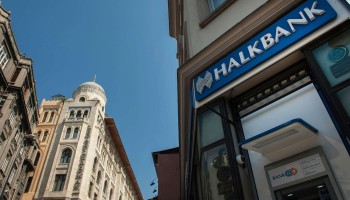Throughout 2008, its first year of operations, Formus Baltic OÜ, turned over a sales revenue of $51 million. Since then, the company only continued to grow, mainly thanks to millions transferred on its Swedbank account from UK firm Wireberg Company LLP.
In just one period of over six month, Wireberg sent $98.7 million to Formus’ Swedbank account in at least 161 transfers for “electronic equipment.”
Wireberg’s then owners, Ireland & Overseas Acquisitions Limited and Milltown Corporate Services Limited, are both registered in the Central American tax haven of Belize. Erik Vanagels and Voldemar Spatz, who Postimees journalists know to be two men living “a life of alcohol-soaked asocial misery in Riga,” Latvia, are listed as the stakeholders. The two apparently head hundreds of companies, but journalists suspect that their identities have simply been stolen, and they are being used as proxies.
Milltown and Ireland & Overseas are alleged to be involved in the money laundering schemes of former Ukrainian president Viktor Yanukovych, as well as the so-called Magnitsky affair and the Azerbaijani Laundromat.
Ukraine’s special prosecutor for high-level corruption cases, Serhiy V. Gorbatyuk, told The New York Times in an interview, that Milltown was “an offshore that Yanukovych and his inner circle have often used.”
Milltown and Ireland & Overseas are no longer listed as owners of Wireberg, as of 2012. Its new owners are Intrahold AG and Monohold AG, both registered in the Seychelles, though the Seychellois financial watchdog believes they are connected to members of Yanukovych’s cabinet and are suspected of money laundering.
Authorities have been conducting a criminal investigation into Intrahold and Monohold since 2014.
According to Swedish public broadcaster SVT, transfers which fall under suspicion of money laundering took place in 2007-2015, wherein 50 of the bank’s customers looked like shell companies with no business activity.






